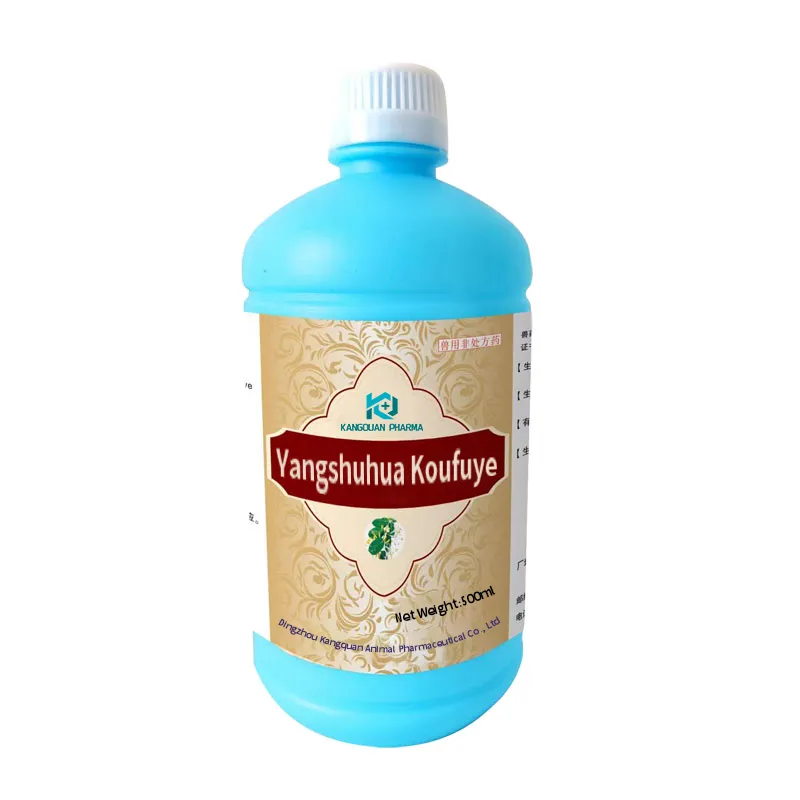- Afrikaans
- Albanian
- Amharic
- Arabic
- Armenian
- Azerbaijani
- Basque
- Belarusian
- Bengali
- Bosnian
- Bulgarian
- Catalan
- Cebuano
- Corsican
- Croatian
- Czech
- Danish
- Dutch
- English
- Esperanto
- Estonian
- Finnish
- French
- Frisian
- Galician
- Georgian
- German
- Greek
- Gujarati
- Haitian Creole
- hausa
- hawaiian
- Hebrew
- Hindi
- Miao
- Hungarian
- Icelandic
- igbo
- Indonesian
- irish
- Italian
- Japanese
- Javanese
- Kannada
- kazakh
- Khmer
- Rwandese
- Korean
- Kurdish
- Kyrgyz
- Lao
- Latin
- Latvian
- Lithuanian
- Luxembourgish
- Macedonian
- Malgashi
- Malay
- Malayalam
- Maltese
- Maori
- Marathi
- Mongolian
- Myanmar
- Nepali
- Norwegian
- Norwegian
- Occitan
- Pashto
- Persian
- Polish
- Portuguese
- Punjabi
- Romanian
- Russian
- Samoan
- Scottish Gaelic
- Serbian
- Sesotho
- Shona
- Sindhi
- Sinhala
- Slovak
- Slovenian
- Somali
- Spanish
- Sundanese
- Swahili
- Swedish
- Tagalog
- Tajik
- Tamil
- Tatar
- Telugu
- Thai
- Turkish
- Turkmen
- Ukrainian
- Urdu
- Uighur
- Uzbek
- Vietnamese
- Welsh
- Bantu
- Yiddish
- Yoruba
- Zulu
8 月 . 16, 2024 20:55 Back to list
Effective Disinfectants for Veterinary Clinics and Animal Healthcare Environments
Disinfectants in Veterinary Clinics Ensuring a Safe Environment for Pets and People
Veterinary clinics play a crucial role in safeguarding the health and well-being of pets. One of the most essential aspects of maintaining a safe environment in these facilities is the effective use of disinfectants. Proper sanitation protocols help prevent the spread of infectious diseases, protect both animal and human health, and ensure a sterile environment for medical procedures.
Disinfectants are chemical agents designed to reduce the number of pathogenic microorganisms on inanimate surfaces. In the veterinary context, these products are vital for controlling the spread of zoonotic diseases—those that can be transmitted between animals and humans. Common pathogens found in veterinary clinics include bacteria, viruses, fungi, and parasites, some of which can pose serious health risks. For this reason, choosing the right disinfectants and using them effectively is of paramount importance.
When selecting disinfectants for a veterinary clinic, several factors must be considered
Disinfectants in Veterinary Clinics Ensuring a Safe Environment for Pets and People
2. Safety The safety of both animals and humans is a primary concern when choosing disinfectants. Veterinary staff, pet owners, and the animals themselves can be exposed to chemicals during application. It is critical to select non-toxic, environmentally friendly options wherever possible. Additionally, safety data sheets (SDS) should be consulted to understand any potential health risks related to the use of specific disinfectants.
vet clinic disinfectants

3. Surface Compatibility Veterinary clinics encompass many surfaces—metal examination tables, plastic cages, flooring materials, and more. Different disinfectants may react adversely with certain surfaces, leading to damage or degradation. Therefore, it is essential to consider compatibility to ensure longevity and efficacy.
4. Ease of Use Disinfectants should be easy to apply and require minimal preparation. Ready-to-use spray bottles or wipes are popular choices because they streamline the cleaning process and encourage regular use.
5. Contact Time The effectiveness of a disinfectant is highly dependent on the time it remains wet on the surface. Guidelines provided by manufacturers should always be followed, as insufficient contact time may lead to ineffective disinfection, putting both staff and animals at risk.
Routine cleaning and disinfection protocols should be established within veterinary clinics. High-touch surfaces, such as door handles, counters, and examination tables, should be disinfected frequently. Additionally, surgical areas require more stringent measures, including the use of sterile instruments and surface disinfectants specific to surgical procedures.
Education and training for veterinary staff on the importance of disinfection practices are vital. Regular training sessions can keep staff informed about the latest guidelines, techniques, and products available, ensuring compliance with best practices in infection control.
Ultimately, the effective use of disinfectants in veterinary clinics is a fundamental aspect of ensuring health and safety. By meticulously selecting appropriate products, establishing thorough cleaning protocols, and providing staff education, veterinary clinics can significantly mitigate the risk of disease transmission. This commitment to sanitation not only protects the animals in their care but also assures pet owners that their loved ones are treated in a safe, sterile environment.
-
The Power of Radix Isatidis Extract for Your Health and Wellness
NewsOct.29,2024
-
Neomycin Sulfate Soluble Powder: A Versatile Solution for Pet Health
NewsOct.29,2024
-
Lincomycin Hydrochloride Soluble Powder – The Essential Solution
NewsOct.29,2024
-
Garamycin Gentamicin Sulfate for Effective Infection Control
NewsOct.29,2024
-
Doxycycline Hyclate Soluble Powder: Your Antibiotic Needs
NewsOct.29,2024
-
Tilmicosin Premix: The Ultimate Solution for Poultry Health
NewsOct.29,2024













